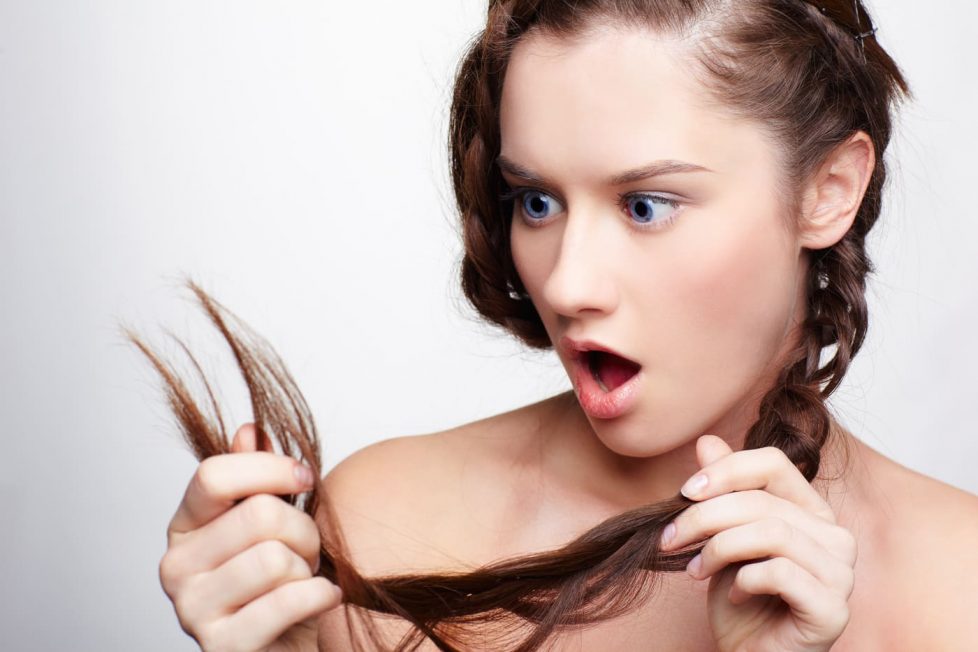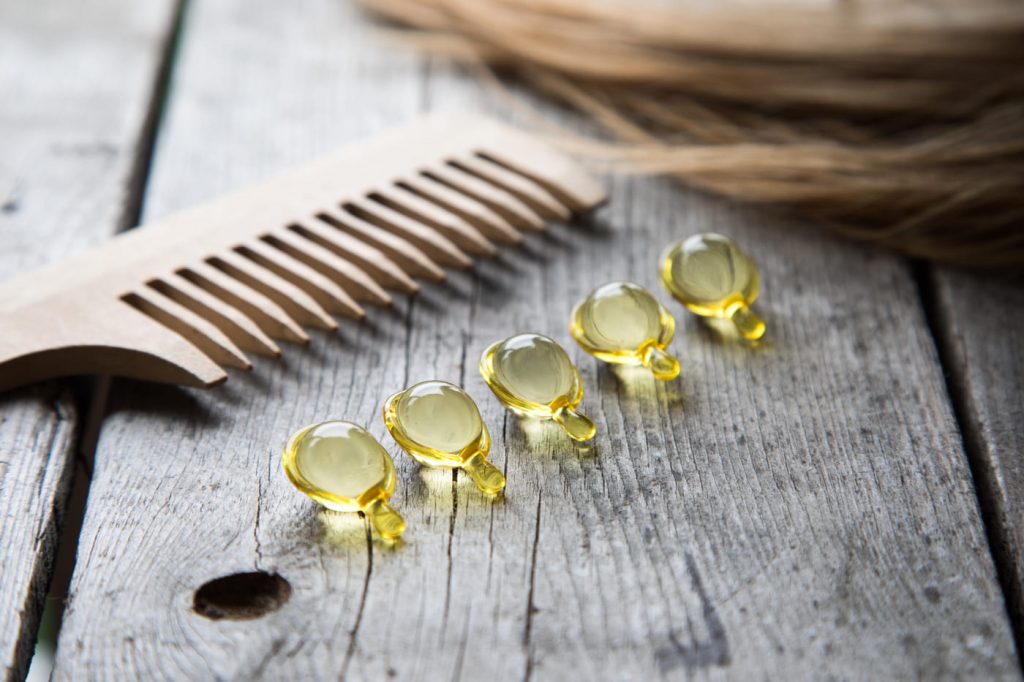Do this to delay the appearance of grey hair

New research on grey hair suggests they may not be inevitable after all.
No matter how hard you try to avoid it, the process of ageing catches up with you eventually. However, that does not mean that there is nothing you can do about it. One of the first signs of ageing is the greying of hair. After you reach your late 30s or 40s the follicles that are present in your hair start to lose the pigment cells and that results in the white hair colour. People try to hide the same by using a variety of ways including colouring of hair, applying Henna, plucking the white hair amongst other things. However, before you reach that stage, there are some natural ways in which you can avoid the greying of hair or delay the process for the longest time.
First, what causes gray hair?
We tend to associate gray hair with age because, yes, your chronological age is a big factor. Fifty percent of people have gray hair by the time they reach 50 years old. As we get older, pigment-producing cells in hair, called melanocytes, die, and your strands gradually lose their color. First they’ll turn gray, then fully white. But other factors determine how quickly—or how slowly—you go.
One such factor is genetics. Researchers have recently found a gene responsible for gray hair. In a study published in Nature Communications, scientists identified the gene IRF4 as the culprit for grays. Still, scientists say genes account for only about 30 percent of graying. It is important to use natural ways to delay the appearance of white hair on your head as natural treatments will help you to avoid any side effects.
It is normal for hair color to change, as people age. But white hair can appear at almost any time in life. Even teenagers and people in their 20s may notice strands of white hair. We can’t escape the aging process, but preventing free radical damage, correcting vitamin deficiencies, and managing stress levels? Sounds somewhat doable, right?

We know, easier said than done, but implementing a proven stress-busting technique can help. Consider meditation, mindfulness (even as part of your skincare routine), deep breathing, or yoga.
Research has shown that eating a diet chock-full of antioxidant-rich fruits and vegetables reduces oxidative stress. Some of the most potent antioxidants include vitamin C (oranges, broccoli, bell peppers), vitamin E (avocado, leafy greens), and carotenoids (carrots, asparagus, sweet potatoes).
Pop a daily multivitamin to ensure you’re getting all the vitamins and minerals necessary for healthy hair. Some of the essential vitamins to prevent premature graying are vitamins B12 and D and minerals, including calcium and iron.
Massage your scalp twice a week with egg oil and leave it on overnight. Egg oil contains anti-oxidant xanthophylls like lutein and zeaxanthin which arrest premature aging (graying) of hair and even reverses early stage grey hair. A tip for leaving it overnight is to cover your bed with a plastic sheet; it may be uncomfortable but it saves a ton of time when you want to clean your bed!
We know cigarette smoke is a major cause of oxidative stress, but the habit is specifically linked to gray hair. One study in the Journal of the American Academy of Dermatology showed an association between smoking and premature graying in men under 30.
While unhealthy hair doesn’t turn gray any sooner than healthy hair, unhealthy hair is more likely to fall out. When new hair grows back in, it often has less pigment than the original hair, especially as you start to get older. Think about how you can change your hair care routine to keep your hair strong and undamaged so it won’t fall out.
Chemical hair dyes and hair products, even shampoos, can contribute to premature hair graying. Many of these products contain harmful ingredients that decrease melanin. Hydrogen peroxide, which is in many hair dyes, is one such harmful chemical. Excessive use of products that bleach hair will also eventually cause it to turn white.
With the right diagnosis and treatments, white hair progression can be stopped and reversed in some instances. A balanced diet and good hair care can also help. In some cases, however, the process is irreversible. Regular use of natural remedies may slow down and possibly reverse white hair. But everyone’s hair eventually starts to turn grey, and the individual has to decide whether they are comfortable with the grey hair or if they prefer to try and hold back what is a natural aging process.
